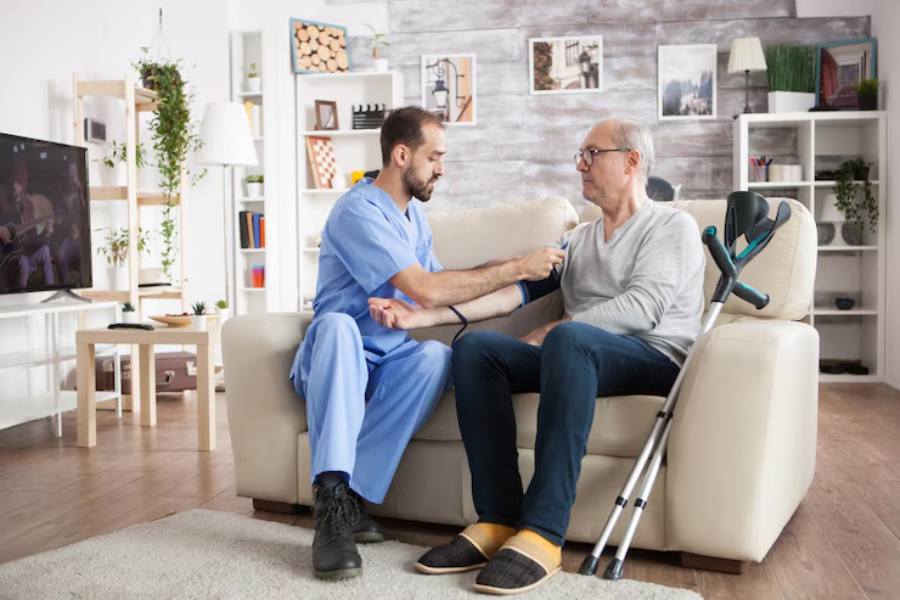After putting a relative or loved one in a care home, it does not mean that you should entirely leave their care in their hands. You must routinely check for signs of neglect or abuse, as it has become an unfortunate habit in some nursing homes. If you suspect any foul play in their handling of your loved one, you need to act immediately.
You must let the facility management understand that you want them to take better care of your aging or ill relative. If you suspect your loved one is at risk, lawyers with experience handling nursing home abuse cases, such as attorneys at Duffy & Duffy, PLLC, can offer sound advice, listen to your concerns, and guide you through the legal process. This article discusses the practical steps to take to deal with suspected nursing home neglect or abuse:
Speak with Your Loved One or Family Member
The first person you should speak with is the victim of the suspected abuse. You need to interact with them and ask some difficult questions to make sure that your suspicions are true. Gently ask questions about noticeable injuries and confirm if anyone in the facility has been offering them below-par treatment. However, you may need to take further steps if your family member is severely ill and cannot answer your questions. Knowing what transpired will help you make an informed decision.
Speak with a Nursing Home Staff
Speak with a nursing home staff member if you have observed anything unusual, such as agitation, bedsores, infections, or malnutrition. Let them explain the reasons behind your loved one’s seemingly worsening situation.
Jumping to conclusions may harm your case, so you need to remain calm. Some signs of abuse are tricky and require patience to establish. If the nursing home staff does not respond convincingly, you can go further by speaking with their management. You must be unrelenting to uncover what is happening to your family member and need to explore all options before involving external elements.
Collate Evidence
Evidence is the foundation of any case. Carefully document all your suspicions about your loved one’s condition. Then, collate evidence that supports your suspicions. You may need to visit the nursing home more often to observe things for yourself. You can take photos of any noticeable injuries if your family member consents.
Similarly, take notes about things you observe in the nursing home that seem unusual. If you can, write down the names and positions of those you contacted. If you eventually sue the nursing home, you need them to serve as witnesses.
Bring in the Authorities
Your suspicions about your loved one being abused in a nursing home can be true. You also need to act for the safety of other nursing home residents. Thus, you need to inform the police about your suspicions. Law enforcement may intervene if it is within their jurisdiction or advise you to speak with the National Center on Elder Abuse. Further, the care home must also provide the contact details of the ombudsman in their jurisdiction.
Informing the authorities will allow them to thoroughly investigate your suspicions. While this is happening, you may want to think about moving your family member to another reputable care home to prioritize their well-being.
Speak with an Attorney
Though elder abuse has become increasingly rampant, this does not make it acceptable. Overlooking the unethical acts of nursing homes will only energize them to continue. After taking all the appropriate steps internally, it is also advisable to inform a nursing home abuse attorney. After listening to your suspicions, they will analyze it to determine if you have a case against the facility. They will advise you on your rights and devise strategies for receiving fair compensation for your loved one.
Parting Words
It is difficult to wrap one’s head around the fact that the nursing home that should be responsible for caring for your family member causes them more harm. This unethical behavior is unacceptable. That is why you must act immediately if you observe anything unusual. When you take action, you are also saving other residents from abuse and neglect.


